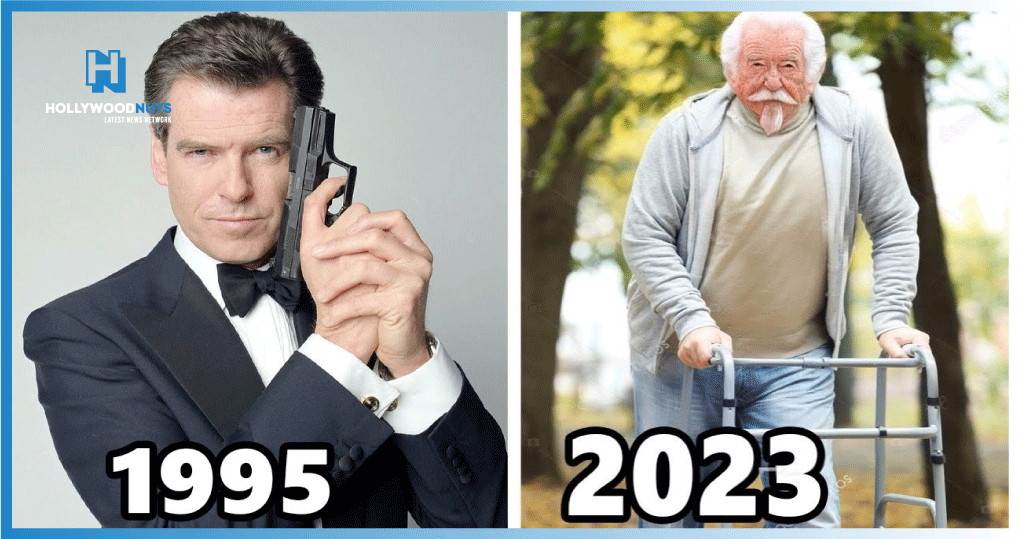GoldenEye (1995) Cast THEN and NOW, The actors have aged horribly by HollywoodNuts
The seventeenth James Bond movie in the franchise, GoldenEye was released in 1995 and was the first to feature Pierce Brosnan as the fictitious MI6 agent James Bond. It was the first installment of the series to be directed by Martin Campbell and not incorporate any plot points from Ian Fleming’s novels. It was also the first James Bond movie that wasn’t produced by Albert R. Broccoli after he left Eon Productions and was replaced by his daughter, Barbara Broccoli (although Albert was still involved as a consultant producer; it was his last movie before he passed away in 1996). Albert was also replaced by Michael G. Wilson.
Michael France came up with the idea and wrote the first draft, with further assistance from additional authors. In the movie, Bond battles to stop a mischievous ex-MI6 agent (Sean Bean) from using a satellite weapon on London to bring about a financial collapse on a massive scale.
After a six-year break in production brought on by legal issues, during which time Brosnan took over the character of James Bond after Timothy Dalton’s contract as the spy ended, the movie was finally released. The role of M was also recast, with Judi Dench, an actor, taking Robert Brown’s place as the first woman to play the part. Samantha Bond took Caroline Bliss’ place in the role of Miss Moneypenny, and Desmond Llewelyn was the only actor to return in the role of Q. The breakup of the Soviet Union and the end of the Cold War, which served as a backdrop for the plot, made it the first Bond movie produced after those events.

GoldenEye’s primary locations for filming were the UK, Russia, Monte Carlo, and Puerto Rico; it was the first movie to be produced at Leavesden Studios. GoldenEye, the first Bond movie to incorporate computer-generated imagery (CGI), was also special effects supervisor Derek Meddings’ farewell project and was made in his honor.
Without accounting for inflation, the movie’s global box office haul of more than US$350 million was far higher than that of Dalton’s movies.[5] It garnered favorable reviews, and critics thought that Brosnan was a clear upgrade over his predecessor.[6][7][8] The British Academy of Film and Television Arts also nominated it for awards for Best Special Visual Effects and Best Sound.
